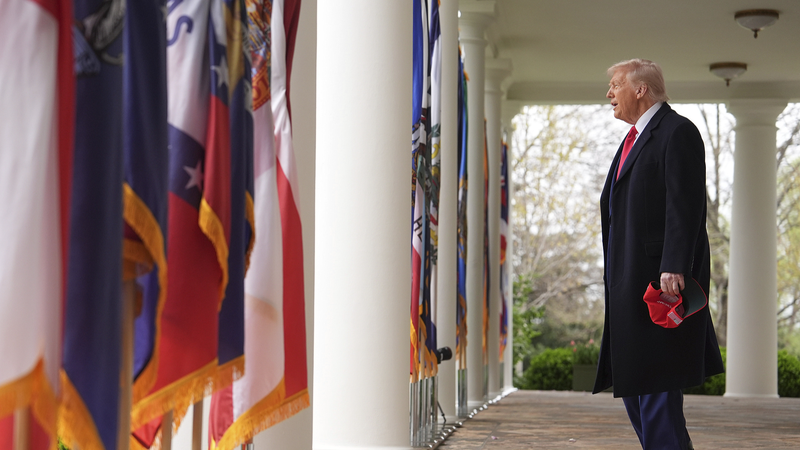In a bold policy shift, U.S. President Donald Trump signed an executive order on "reciprocal tariffs" this Wednesday, setting a minimum tariff of 10% on most imports. The new measures, which take effect on April 5 with further individualized higher tariffs scheduled for April 9, aim to address trade deficits with key partners.
Experts have weighed in on the impact of this policy. Wei Nanzhi, a research fellow at the Institute of American Studies of the Chinese Academy of Social Sciences, observed that the international order—shaped historically under U.S. influence—might now seem increasingly unfair. He emphasized that while the U.S. dollar has long served its domestic industries, using reciprocal tariffs in the short term is unlikely to generate immediate benefits or revive domestic manufacturing as hoped.
This move has ignited a passionate debate among economists, business leaders, and engaged global citizens. As the world becomes more interconnected, many young professionals, tech enthusiasts, and digital nomads are closely watching to see how new trade dynamics will influence the global economy and reshape international markets.
Reference(s):
cgtn.com



